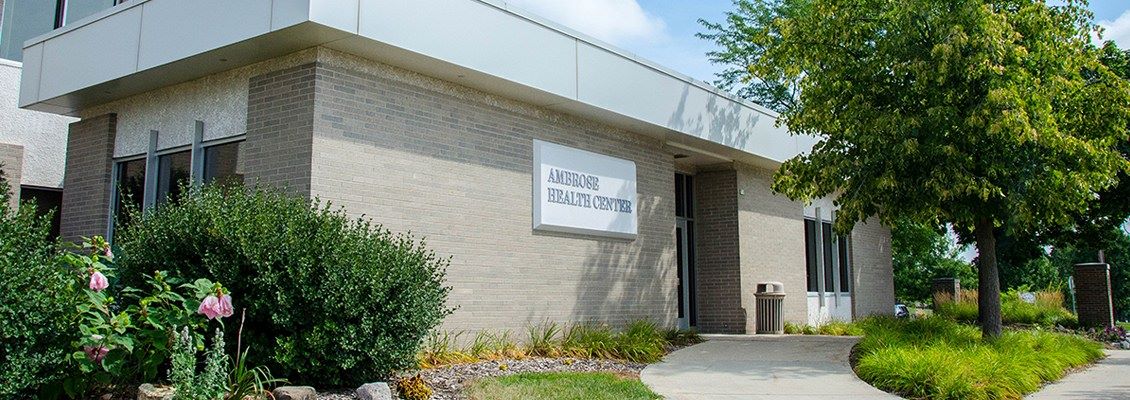Consent
Wellness Information
- Relaxation Room
- Safe Sex Express
- Wellness Peer Educators
-
Wellness Information A-Z
- Alcohol and Other Drugs
- Allergy Information
- Anxiety Information
- Assertiveness
- Back Pain
- Birth Control Methods
- Cold and Flu
- Condoms and Barrier Methods
- Consent
- Dating Violence
- Depression and Sadness
- Eating Disorders
- Emergency Contraception
- Exercise
- Family Concerns
- Fever
- Grief and Loss
- Headaches
- Human Papillomavirus (HPV)
- Immunizations
- International Student Wellness
- LGBT Wellness
- Men's Health
- Mental Health
- Nausea and Vomiting
- Nutrition and Eating Healthfully
- Pap Tests
- Pregnancy
- Psychiatry
- Religion and Spirituality
- Sadness and Depression
- Self Esteem and Confidence
- Sexual and Reproductive Health
- Sexual Assault and Harassment
- Sexually Transmitted Infections
- Skin Care and Tanning
- Sleep
- Staying Healthy
- Stress
- Students of Color
- Suicidal Thoughts
- Test Anxiety
- Time Management
- Tobacco and Cessation Information
- Transitioning to UW-W
- TransHealth
- Travel
- Urinary Symptoms
- Veteran's Wellness
- Weight - What's Best for You?
- Women's Health
- Wellness in Whitewater
- Your Period - What's Normal, What's Not
UHCS Services
The UHCS Wellness department offers free programs and workshops on sexual consent. If you would like our team to visit your class, student organization, residence hall, etc., please fill out this request form. In addition, if you have experiencedsexual violence or harrasment and would like to speak with a counselor, you can schedule an appointment by calling us at 262-472-1305.
Overview
What is Consent? Think of the FRIES acronym:
- F: Freely given. Consenting is a choice you make without pressure, manipulation, or under the influence of drugs or alcohol.
- R: Reversible. Anyone can change their mind about what they feel like doing, anytime. Even if you’ve done it before, and even if you’re both naked in bed.
- I: Informed. You can only consent to something if you have the full story. For example, if someone says they’ll use a condom and then they don’t, there isn’t full consent.
- E: Enthusiastic. When it comes to sex, you should only do stuff you WANT to do, not things that you feel you’re expected to do.
- S: Specific. Saying yes to one thing (like going to the bedroom to make out) doesn’t mean you’ve said yes to other things (like having sex).
Consent is required. It must be given, regardless of relationship status. Mutual consent must always be granted, regardless of whether participants are strangers or have been married for many years. Someone cannot just assume they can have sexual intercourse with their partner — even though they are in a relationship. Consent must still be given.
What consent can sound and look like:
- “Can I kiss you?”
- “Do you want to have sex?”
- “I really want to kiss you right now. Is that okay?”
- “Would it be okay if I…?”
- “What are you comfortable with doing?”
- “Can I take your shirt off?”
- “Are you comfortable with this?”
- “What do you want to do?”
What consent does not sound and look like:
- “I want to, but…”
- “I guess we could”
- “If you want to”
- “I don’t know”
- “Maybe we should slow down”
- Silence
- Pulling or pushing away
- No physical movement or response
- Shaking head “no”
- Crying
- Looking sad, scared and/or in pain
- Looking as if they’ve “given in” or are checked out
- Avoiding eye contact
- Avoiding touch
- Behaviors that stop sexual activities from escalating such as checking their phone or getting up
Resources
- Video: What Does Consent Really Mean?
- Video: What Consent Looks Like
- Video: What Consent Does Not Look Like
Disclaimer
All information on this website is written by UHCS professional staff unless otherwise noted. No data is collected on visitors to this site. Financial Support for this web site is provided by University Health & Counseling Service, Division of Student Affairs, University of Wisconsin-Whitewater. This web site does not accept advertising.
This site is not meant to replace the advice of a health care or counseling professional. You should not rely on any information on these pages, or information generated for you by this site, to replace consultations with qualified professionals regarding your own specific situation. Some links take you to a source outside of UHCS. The owners of that site, not UHCS, are responsible for the content.



